in Thoreau’s Journal:
The Viburnum nudum around the edge of the swamp, on the northern edge of the warm bays in sunny and sheltered places, has just expanded, say two days, the two diverging leafets being an inch long nearly, — pretty yellowish-brown leafets in the sun, the most noticeable leafiness here now, just spotting and enlivening the dead, dark, bare twigs, under the red blossoms of the maples.
It is a day for many small fuzzy gnats and other small insects. Insects swarm about the expanding buds.
The viburnum buds are so large and long, like a spear-head, that they are conspicuous the moment their two leafets diverge and they are lit up by the sun. They unfold their wings like insects and arriving warblers. These, too, mark the season well. You see them a few rods off in the sun, through the stems of the alders and maples.



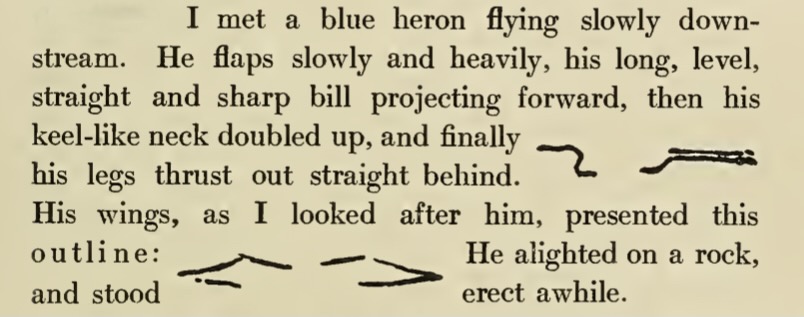
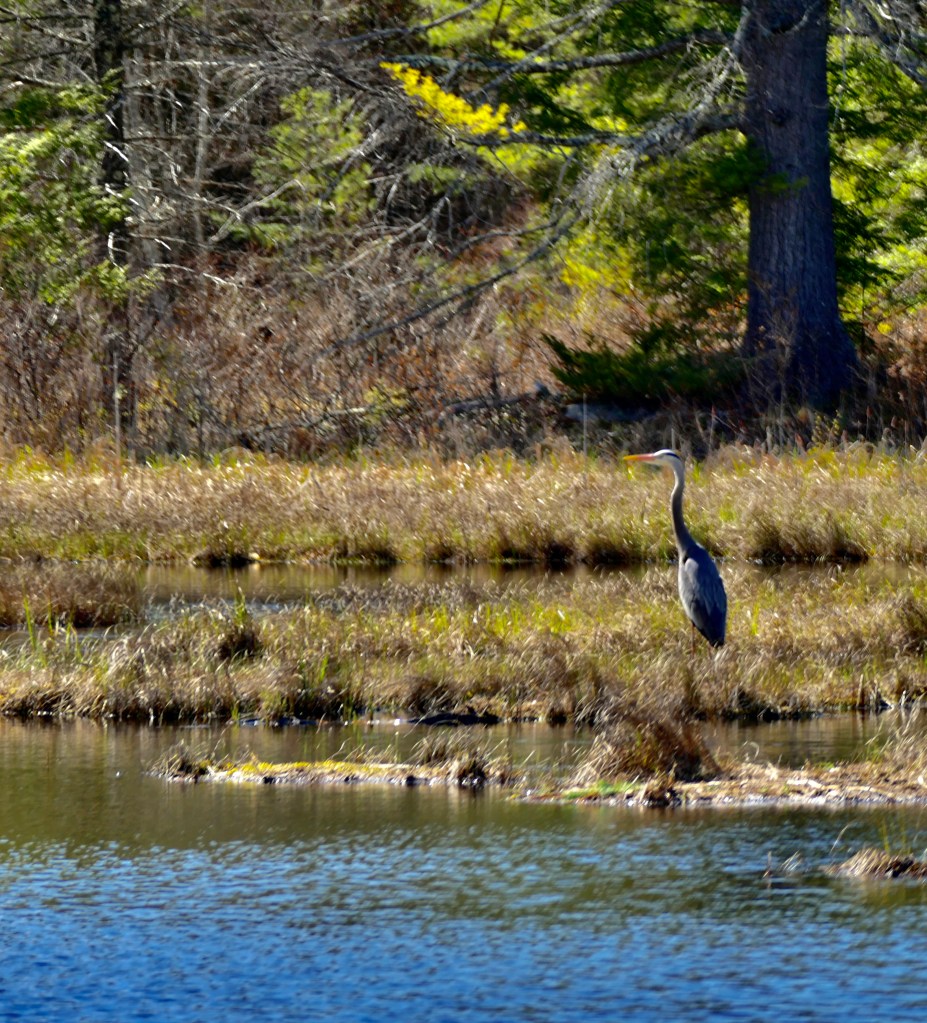




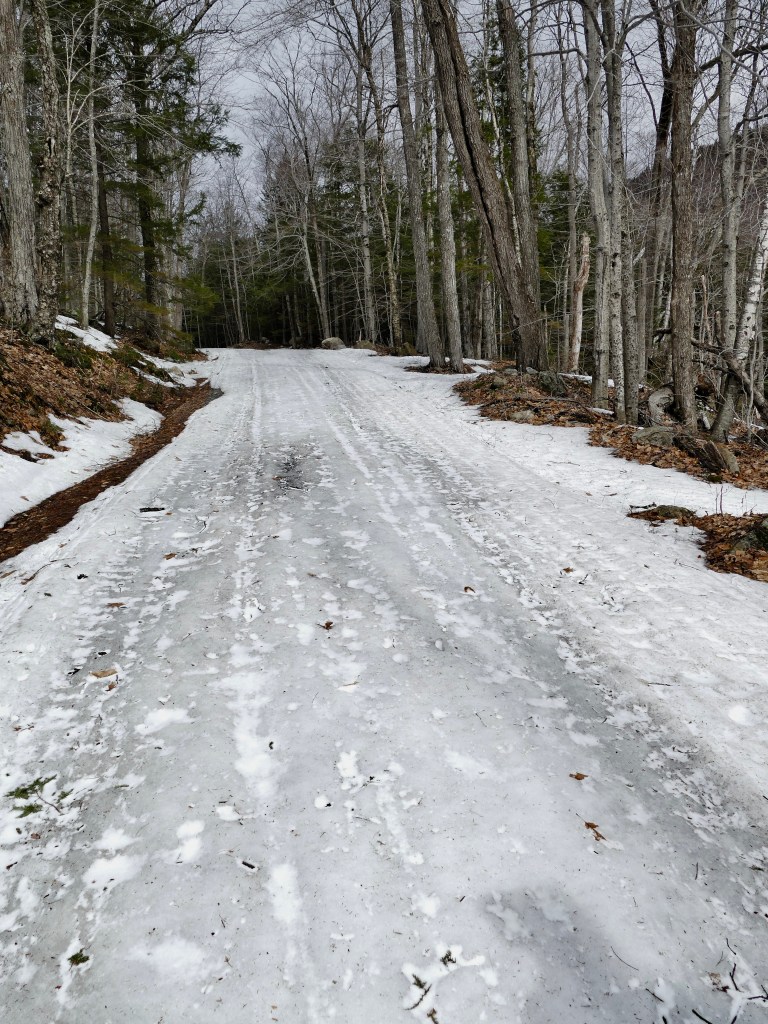


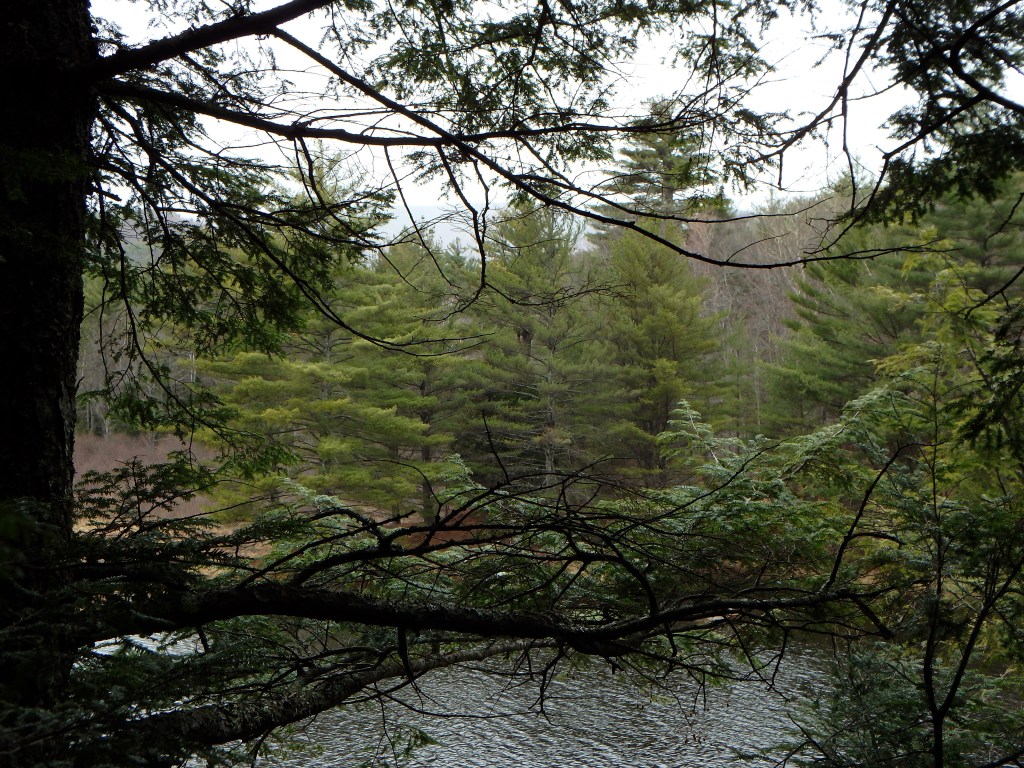
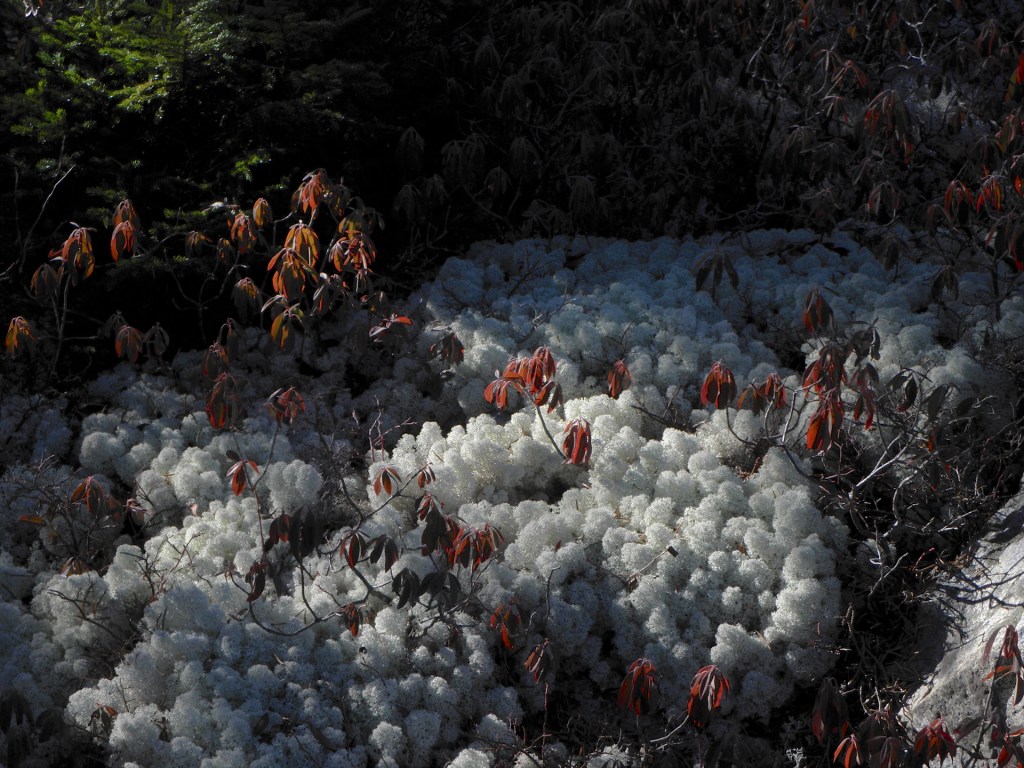
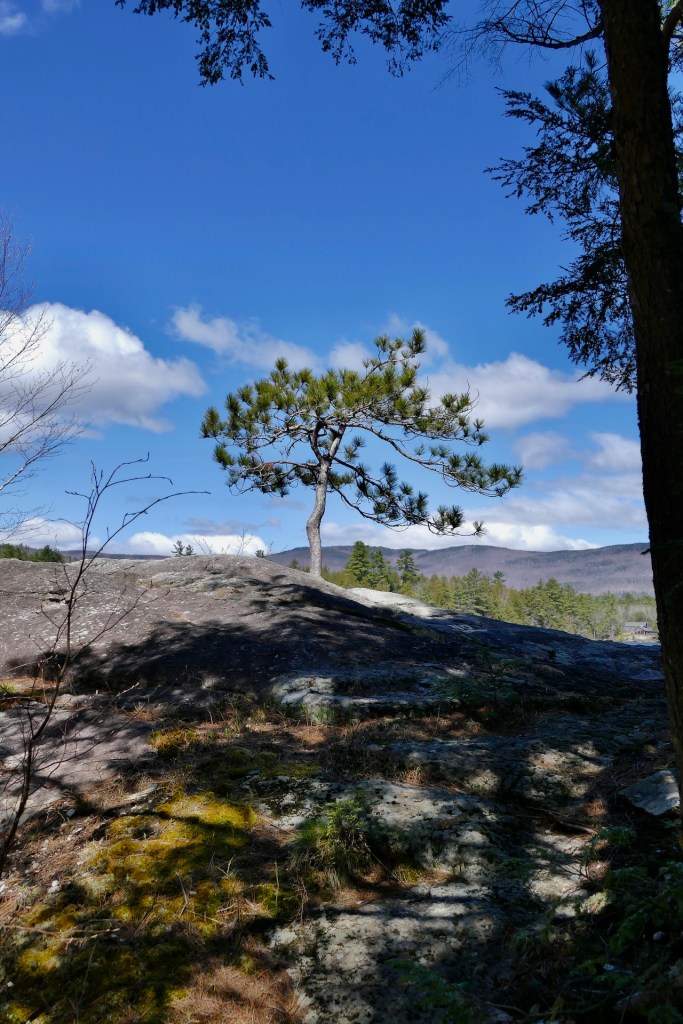



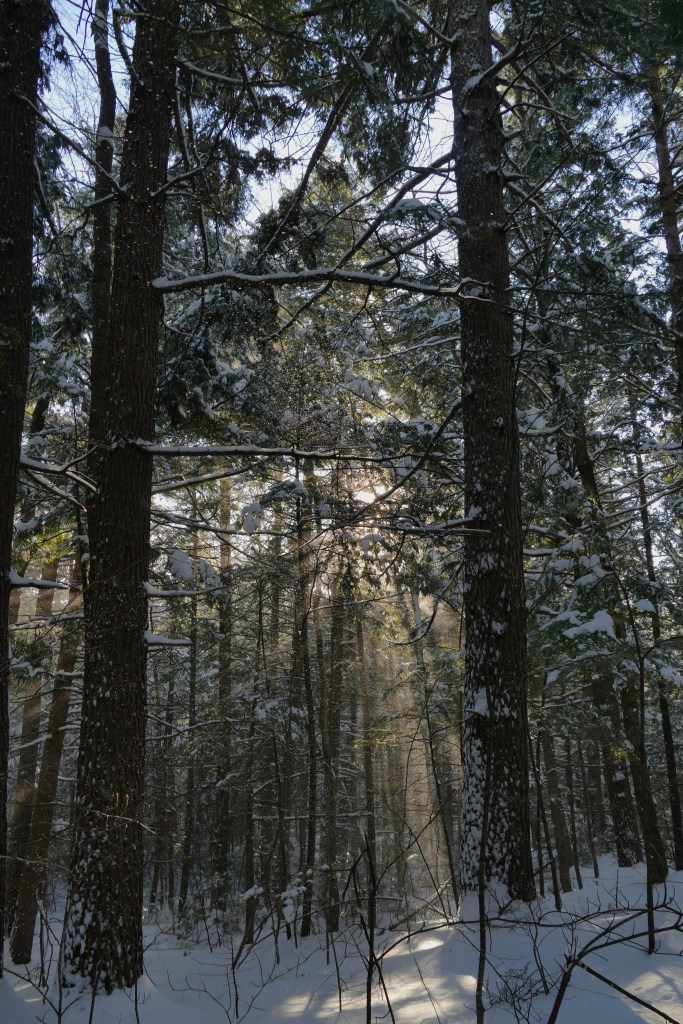





You must be logged in to post a comment.